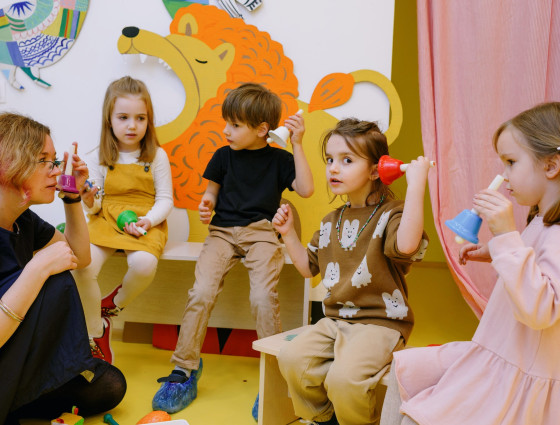
Learning and development
Resources that will support you to put the underpinning ‘learning and development’ principle of the EYFS into practice.
About the learning development principle
The learning development principle recognises that: ‘Children develop and learn at different rates’
Birth to 5 matters demonstrate how the 4 guiding principles; unique child, positive relationship and enabling environments are interlinked and ultimately impact how children learn and develop.
See Principles of the EYFS Birth To 5 Matters for more information.
The following resources will support you to put the ‘learning and development’ principle into practice.


 Facebook
Facebook X
X Email
Email WhatsApp
WhatsApp Messenger
Messenger